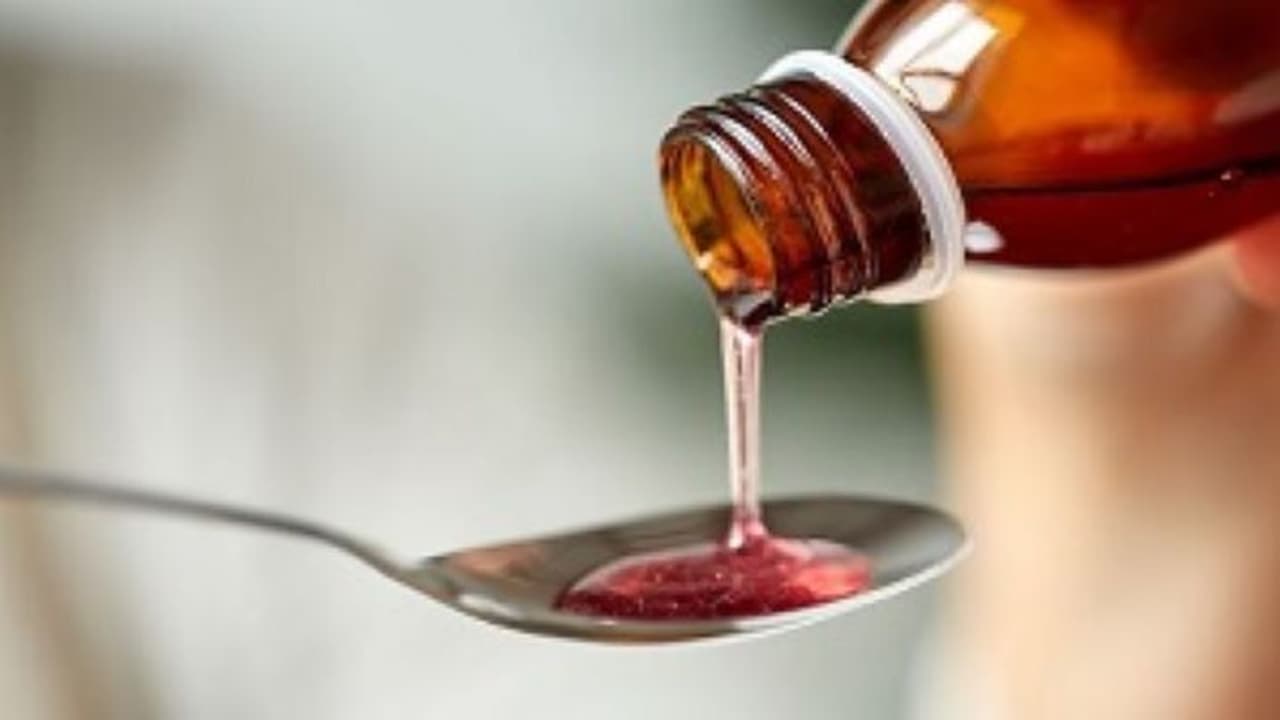The Directorate General of Health Services (DGHS) has issued a nationwide advisory cautioning against the indiscriminate use of cough syrups in children. The move follows reports of 11 child deaths in Madhya Pradesh and Rajasthan.
New Delhi: The Directorate General of Health Services (DGHS), under the Ministry of Health and Family Welfare, has released an important advisory on the rational use of cough syrups in children. The step comes after 11 children died in Madhya Pradesh and Rajasthan, raising serious concerns about the safety of over-the-counter cough and cold medicines in the paediatric population.
Scroll to load tweet…
Use not recommended in very young children
According to the advisory dated October 3, 2025, cough and cold medications should not be prescribed or dispensed to children under the age of two years. For children below the age of five, such medicines are generally not recommended. In cases where they are prescribed for older children, doctors are advised to use them only after careful clinical evaluation, close supervision, strict adherence to dosage, and for the shortest effective duration possible.
The DGHS has also directed healthcare professionals to avoid using multiple drug combinations in treating children with cough and cold symptoms.
Emphasis on non-drug remedies
The advisory encourages the use of non-pharmacological measures as the first line of treatment for cough in children. These include ensuring adequate hydration, providing rest, and using supportive care instead of relying immediately on medications. Experts believe that most cough illnesses in children are self-limiting and often resolve without pharmacological intervention.
Quality and safety standards stressed
The government has also asked all healthcare facilities, both public and private, to ensure that they only procure and dispense medicines manufactured under Good Manufacturing Practices (GMP) and containing approved pharmaceutical-grade excipients. The DGHS has stressed that sensitisation of doctors, pharmacists, and dispensers across all levels is critical to prevent misuse and ensure safe care for children.
Directions to states and hospitals
The advisory has been circulated to all State and Union Territory health departments, district health authorities, government dispensaries, primary and community health centres (PHCs and CHCs), and central hospitals. It instructs them to implement and disseminate the guidelines widely. Copies have also been sent to the Drug Controller General of India (CDSCO), state drug controllers, and heads of major government medical institutions including AIIMS, PGI Chandigarh, and JIPMER Puducherry.
Apart from addressing the medical community, the DGHS has urged the public to follow prescriptions strictly and avoid self-medicating children with cough syrups. Parents and caregivers are encouraged to consult qualified doctors before giving any such medicines to children, especially those under five years.
Deaths of 11 children in MP and Rajasthan
Madhya Pradesh’s Chhindwara district reported the deaths of nine children in just over two weeks due to kidney failure. In Rajasthan, two children died, one each in Bharatpur and Sikar. Many of the deceased children had consumed cough syrups such as Coldrif and Nextro, prompting health authorities to suspect a possible link between the medicines and the sudden organ failures.
Investigations and testing underway
In response, officials have launched urgent testing of dextromethorphan hydrobromide syrup batches and temporarily halted their distribution. Over 1,400 children showing cold and flu-like symptoms are under close observation. Samples from pharmaceutical factories in Tamil Nadu and Jabalpur have been collected, while the Union Health Ministry has clarified that initial lab results show no contamination with Diethylene Glycol (DEG) or Ethylene Glycol (EG), chemicals known to cause kidney damage.
(With ANI inputs)
